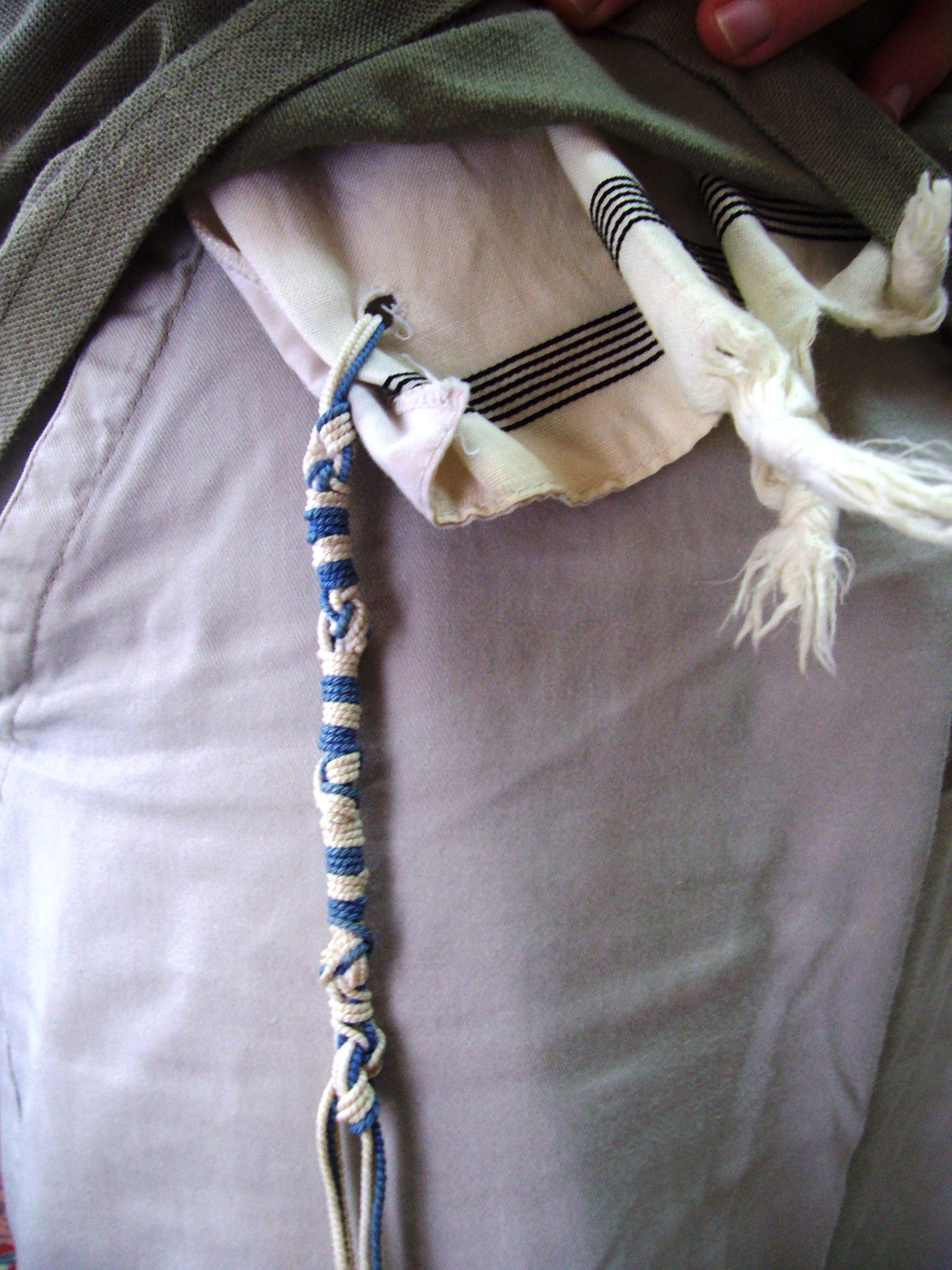Nothing But You

אין א’להים זולתך/Ein Elohim, Zulatekha, “there is none, God, but You.” Mystical Judaism intuits that the One God is present everywhere, fully, at all times, in all existence. לית אתר פנוי מניה/let atar panuy minei, says the Holy Zohar [Tikkun 70, 122b], “there is no place void of God.” Following this intuition brings a soul… Read more »








